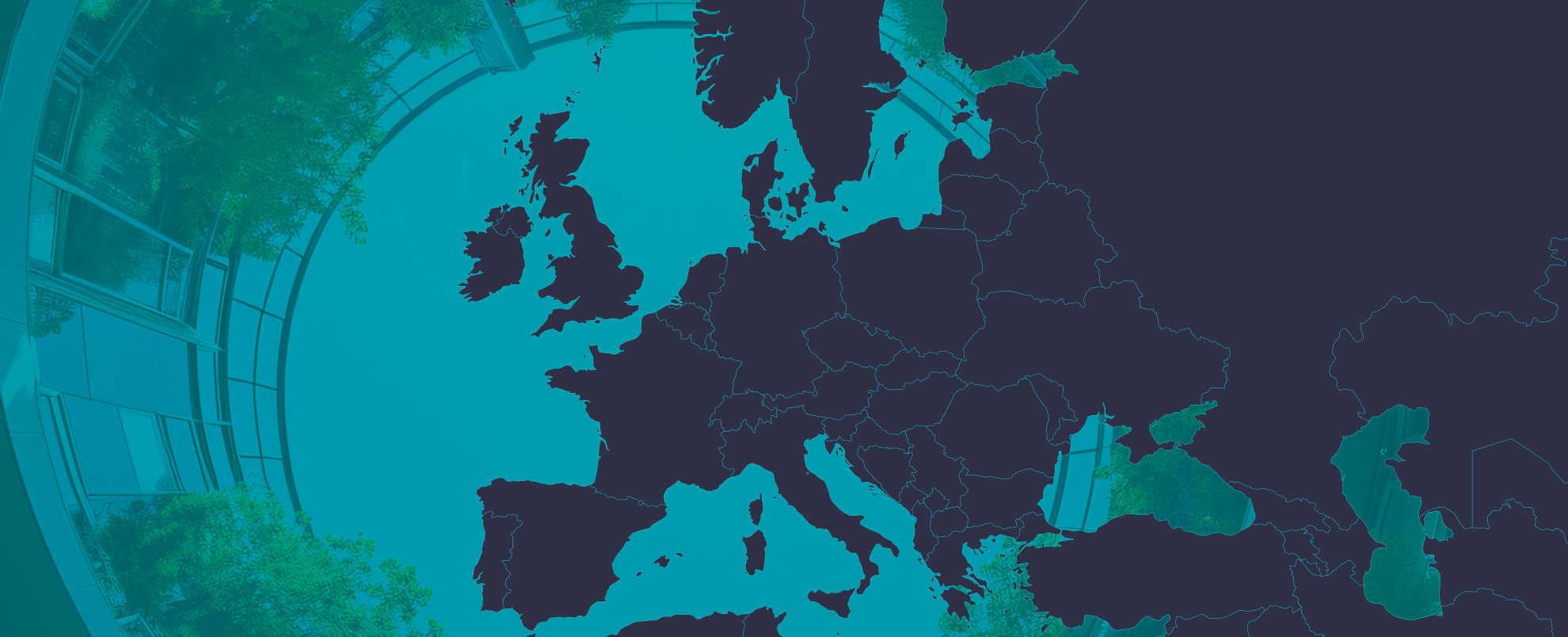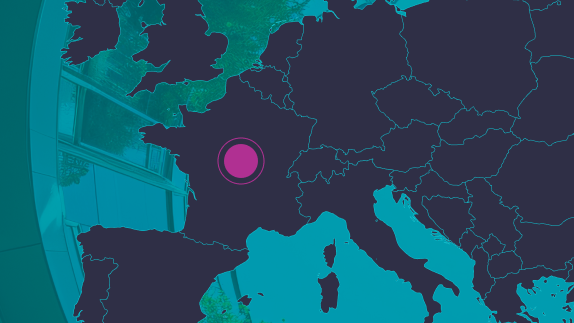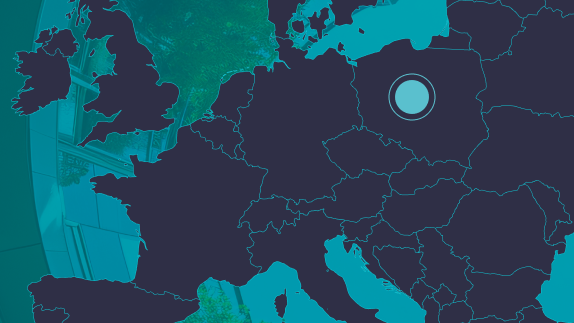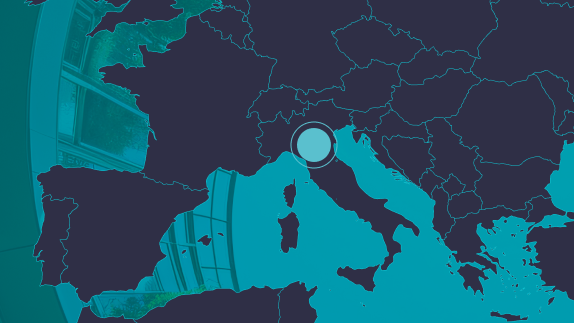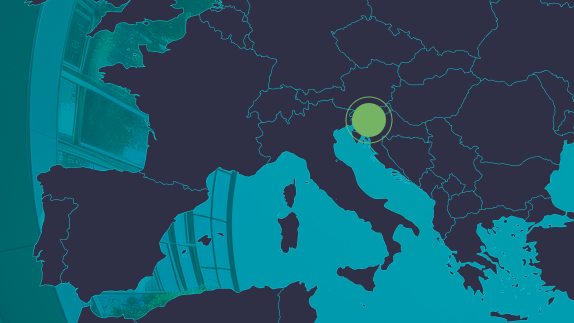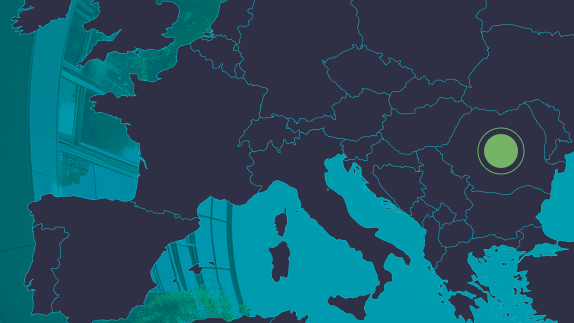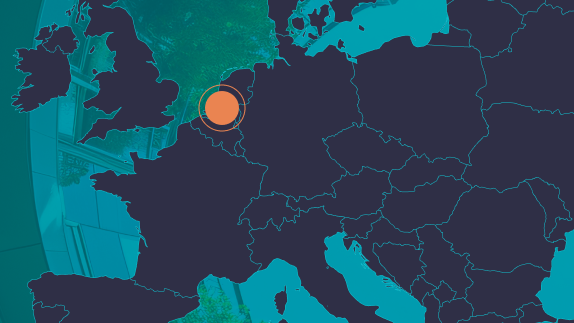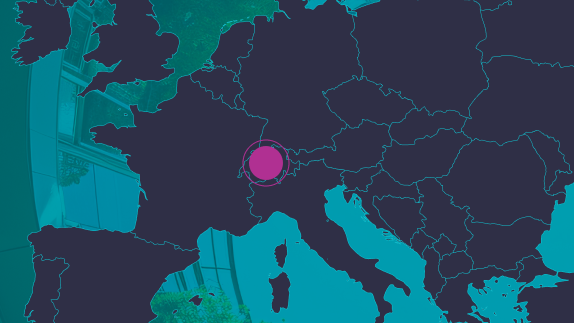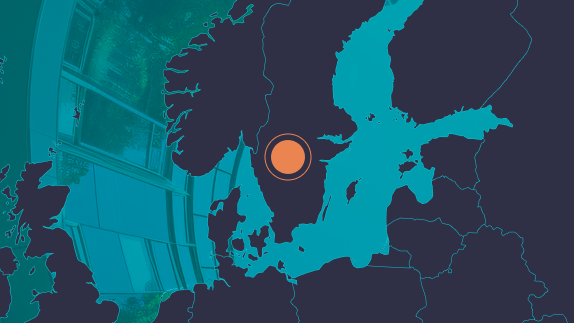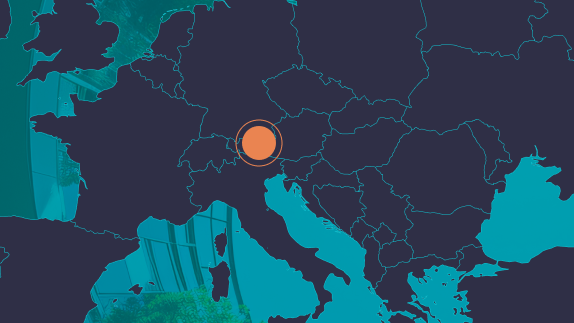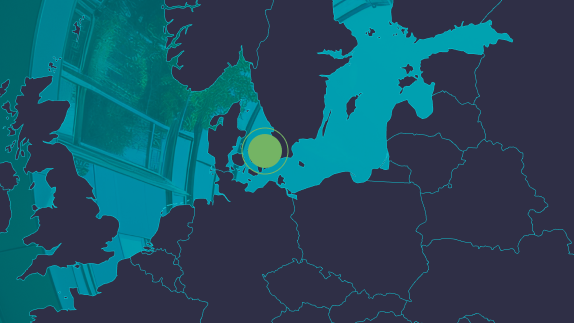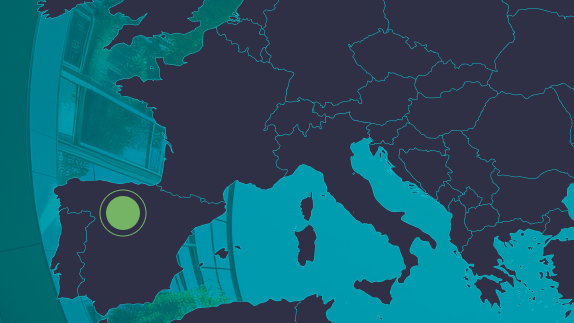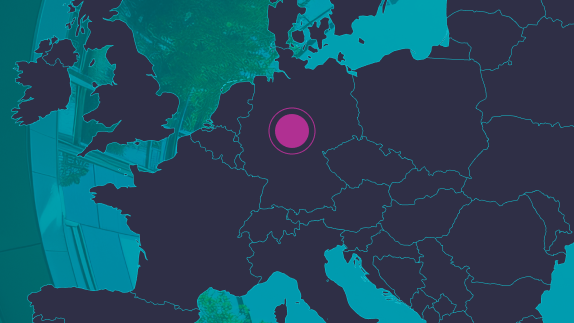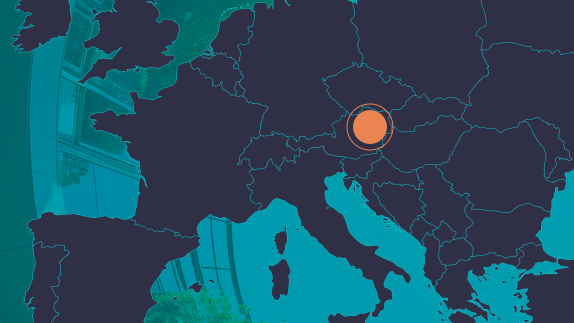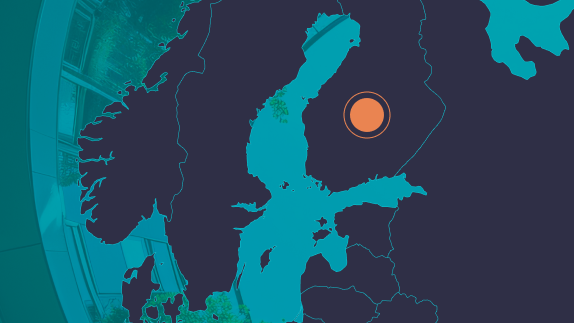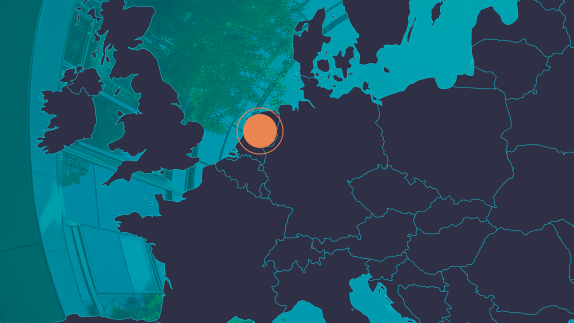This page is part of the report Building Prosperity: Unlocking the Potential of a Nature-Positive, Circular Economy for Europe. Explore the full report to delve into all focus areas, strategies, and key recommendations, or browse the entire case study collection to see these strategies in action.
Strategy: Revitalise – conversion of vacant commercial buildings
Location: France
Organisation: Novaxia
French metropoles are grappling with rapid urban growth, leading to a scarcity of housing and an erosion of green spaces. At the same time, commercial properties have become increasingly outdated and underused, a trend exacerbated by the Covid-19 crisis, rendering millions of square metres of office space vacant. This combination of factors highlights an opportunity to repurpose commercial structures to provide much-needed family homes, while simultaneously mitigating the impacts on nature of urban sprawl.
Novaxia is a mission-driven investment company with a particular focus on ‘urban recycling’, converting vacant commercial buildings into low-carbon residential properties and helping reduce urban sprawl. Since its inception, Novaxia has transformed numerous assets across Europe, including a notable Paris project in the 20th arrondissement which converted an art deco office into 37 housing units. Beyond buildings, Novaxia also contributes to the revitalisation of land, restoring 100,000 m2 of open land to nature during the 17 years of its operation.
During the administrative authorisation period, Novaxia embraced the principles of a just transition by offering vacant spaces rent-free to community associations and impact-oriented groups — contributing to more inclusiveness and fostering community empowerment. Successful finance of the urban recycling process is made possible by the discount offered to Novaxia by the seller due to obsolescence of the properties, while the capital costs of development are covered by Novaxia’s real estate investment funds.
Across different regions, momentum is rising for office to residential conversions, presenting a solution to Europe’s interconnected housing and office vacancy challenge. In Madrid and Barcelona, some 2.5 million m2 of convertible vacant offices could create 28,000 new homes. In the Netherlands, around 665,000 m2 of vacant office space is viable for conversion into 11,500 residential units. Frankfurt’s 2023 housing pipeline included a doubling of office-to-residential projects, comprising 16% of new supply.
Office-to-residential conversions present a promising solution to interconnected urban challenges, particularly the need for affordable housing and the issue of vacant city-centre buildings. However, poorly executed conversions that fail to provide adequate living standards can undermine the potential benefits. As cities increasingly embrace building revitalisation at scale, it is crucial to simultaneously implement robust policies and standards to ensure that converted spaces offer sufficient living space, access to natural light, essential amenities and integration with the surrounding community.
